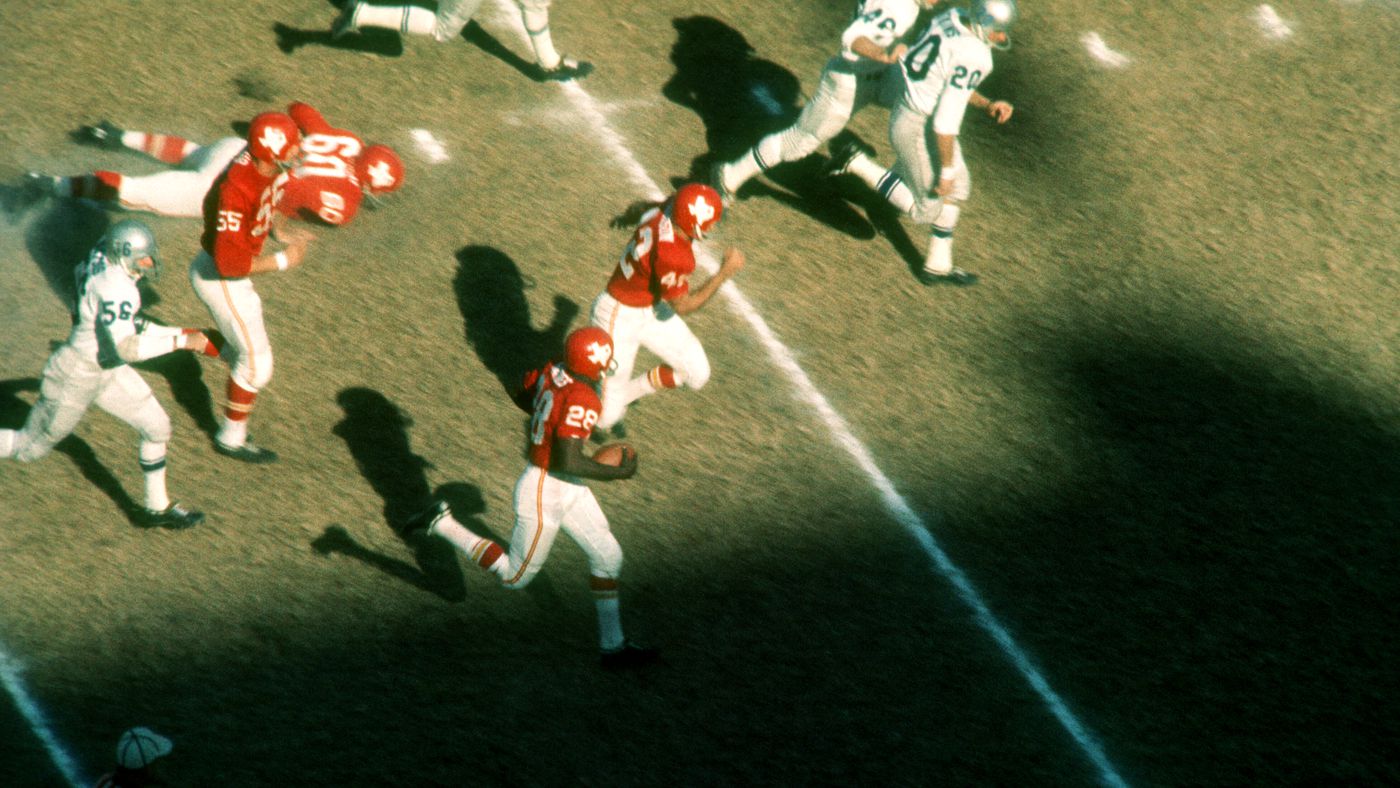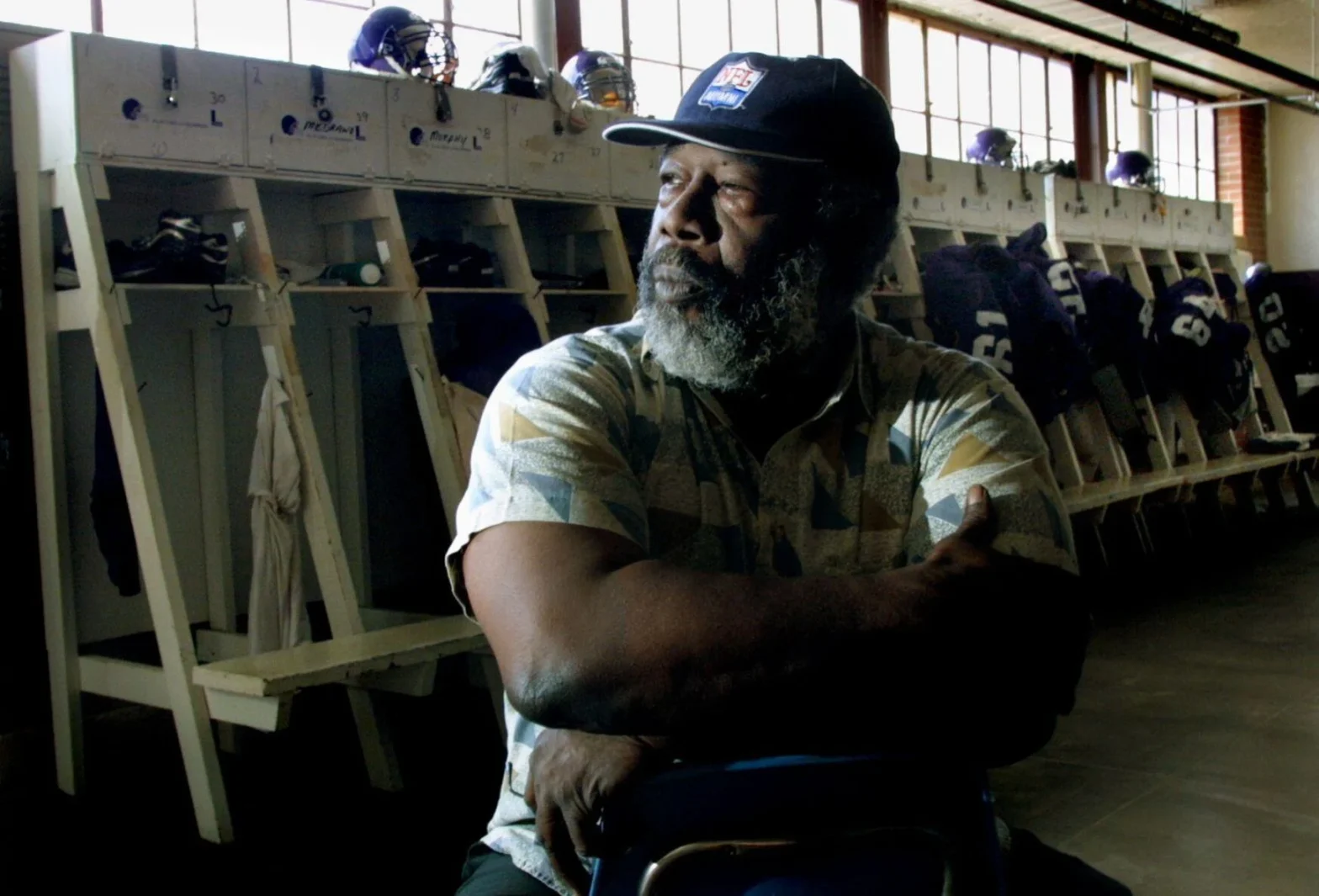Abner Haynes, a celebrated running back and key figure in the American Football League (AFL), passed away at the age of 86. His death was confirmed on a Thursday in Dallas. Known for his significant contributions to football, Haynes was inducted into the Kansas City Chiefs Hall of Fame in 1991.
Chiefs chairman and CEO, Clark Hunt, expressed his deep sorrow over Haynes’ passing, noting his active involvement in the Kansas City community and highlighting his legacy both on and off the field.
Haynes’ football career began with the Dallas Texans during the AFL’s inaugural season in 1960, after he chose to play in the new league over joining the Pittsburgh Steelers, who had drafted him. That year, he earned the Rookie of the Year and Most Valuable Player awards, establishing himself as one of the league’s first stars.
Hunt praised Haynes for his early achievements and the respect he garnered from teammates and fans alike. Additionally, Hunt lauded Haynes’ courage and leadership, which were evident from a young age.

The Kansas City Chiefs commemorated Haynes’ passing with a heartfelt tribute, recognizing his contributions to the team and the league. Haynes was the AFL’s first Player of the Year and played a pivotal role in the team’s success, including an AFL championship in 1962.
His professional career spanned until 1967, including time with the Denver Broncos, Miami Dolphins, and New York Jets. The AFL’s merger with the NFL in 1970 further cemented Haynes’ legacy in professional football.
Before his professional career, Haynes made history at North Texas State, now the University of North Texas, where he and teammate Leon King became the first Black athletes to play college football in Texas in 1956.
This groundbreaking achievement was significant not only for Haynes’ career but also for the integration of college sports in Texas. Brett Vito of the Denton Record-Chronicle noted Haynes’ place in North Texas football history and his enduring impact on the sport.
Haynes’ contributions to football were honored long after his playing days ended. He was inducted into the Chiefs Hall of Fame three decades after his tenure with the team. His jersey number, 28, is one of the few retired by the franchise, underscoring his exceptional impact on the team.
Abner Haynes’ legacy as a pioneering athlete and a respected member of the football community remains influential, marking the end of an era with his passing.
